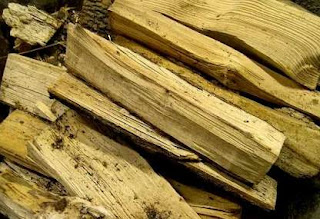El perfume nocturno instala su cuerpo
en una segunda perfección de lo natural.
Por la gracia de su vida
la noche comienza y el cuarto iluminado
es una palpitación de joven felino.
Ahora se pone el vestido
con una fe que no puedo imaginar
y un susurro de seda la recorre hasta los pies.
Entonces gira
sobre el eje del espejo, sometida
a la contemplación de un presente absoluto.
El instante se desplaza hacia otro
un dulce desorden se inmoviliza en torno
hasta que un chasquido de pulseras al cerrarse
anuncia que todas mis opciones están resueltas.
Ella sale del cuarto, ingresa
a una víspera de música incesante
y todo lo que yo no soy la acompaña.
en una segunda perfección de lo natural.
Por la gracia de su vida
la noche comienza y el cuarto iluminado
es una palpitación de joven felino.
Ahora se pone el vestido
con una fe que no puedo imaginar
y un susurro de seda la recorre hasta los pies.
Entonces gira
sobre el eje del espejo, sometida
a la contemplación de un presente absoluto.
El instante se desplaza hacia otro
un dulce desorden se inmoviliza en torno
hasta que un chasquido de pulseras al cerrarse
anuncia que todas mis opciones están resueltas.
Ella sale del cuarto, ingresa
a una víspera de música incesante
y todo lo que yo no soy la acompaña.
Joaquín Giannuzzi, Buenos Aires, 1924 – Salta, 2004, Argentina
imagen: Auguste Renoir, Joven peinándose, 1894
Compré café, cigarrillos, fósforos.
Fumé, bebí
y fiel a mi retórica particular
puse los pies sobre la mesa.
Cincuenta anos y una certeza de condenado.
Como casi todo el mundo fracasé sin hacer ruido;
bostezando al caer la noche murmuré mis decepciones,
escupí sobre mi sombra antes de ir a la cama.
Esta fue toda la respuesta que pude ofrecer a un mundo
que reclamaba de mí un estilo que posiblemente no me
correspondía.
O puede ser que se trate de otra cosa. Quizás
hubo un proyecto distinto para mí
en alguna probable lotería
y mi número no salió.
Quizá nadie resuelva un destino estrictamente privado.
Quizás la marea histórica lo resuelva por uno y por todos.
Me queda esto.
Una porción de vida que me cansó de antemano,
un poema paralizado en mitad de camino
hacia una conclusión desconocida;
un resto de café en la taza
que por alguna razón
nunca me atreví a apurar hasta el fondo.









